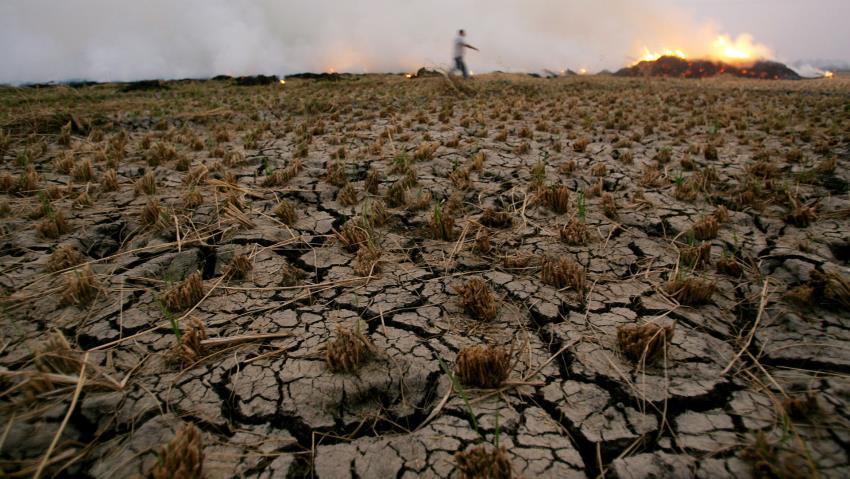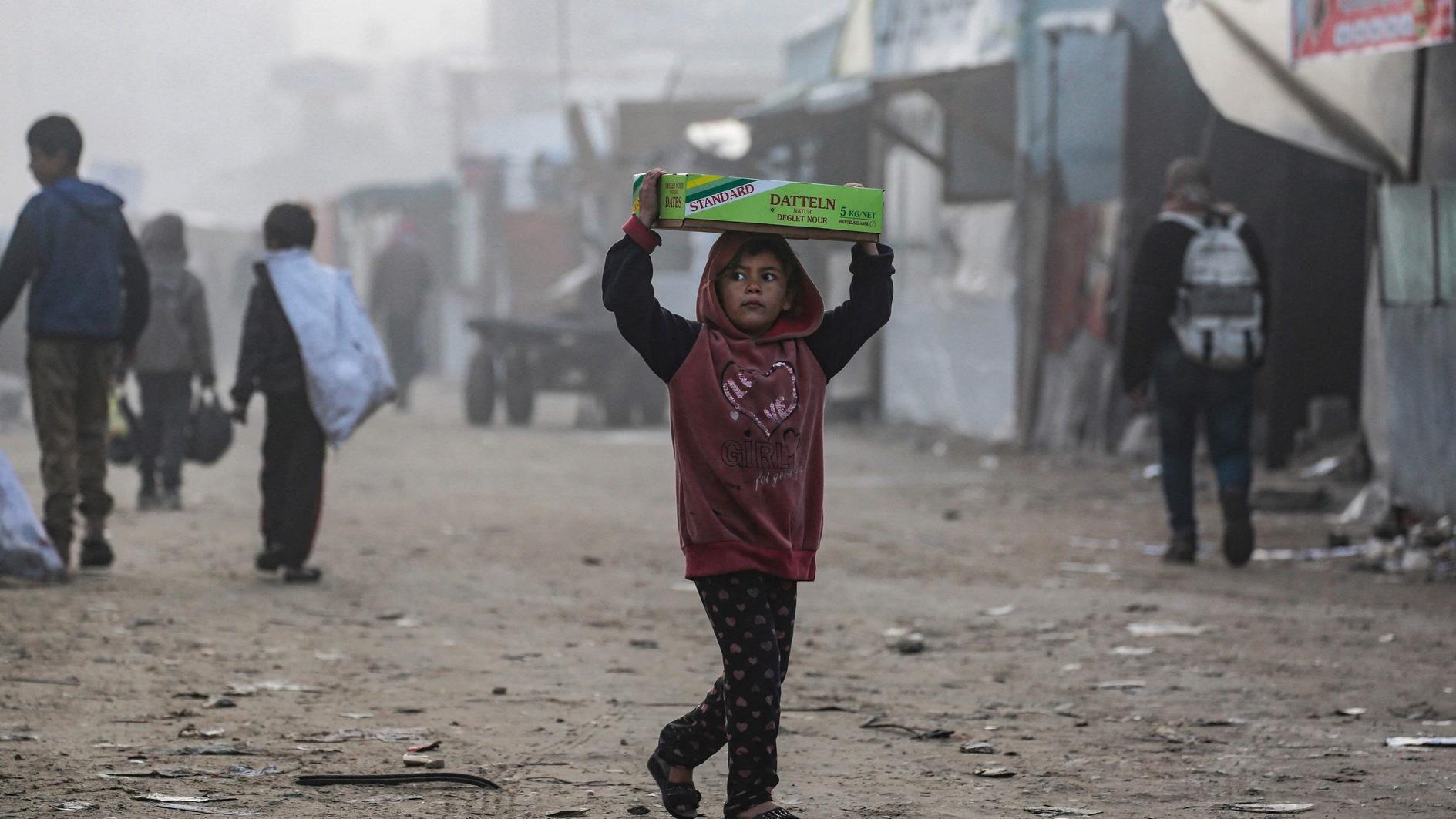Climate change turns up heat on sports
LONDON

As a professional ultrarunner, who competes at distances longer than a marathon, Clare Gallagher has tackled plenty of challenges, from mountains to heat.
But none have been as much of a threat to her career as the U.S. West's worsening forest fires which, fueled in part by stronger droughts linked to climate change, have led to choking air across big swathes of the region each summer.
Fires and poor air quality canceled two major races, last November and in February, said the 27-year-old, who lives in Colorado.
"Megafires are becoming more common. Races are getting cancelled at a much higher rate than in the past," Gallagher told the Thomson Reuters Foundation.
"As a professional runner, it's crazy. Those were the only two races I had on my calendar in those winter months and it basically knocked my racing schedule to zero," she said.
As the planet heats up, competing in, or even watching, many outdoor sports is becoming increasingly challenging as climate change brings harsher heatwaves, more intense rain, greater fire risks and other threats.
As heatwaves hospitalize players in sports from tennis to cricket, competitions are canceled due to extreme weather, and winter sports try to cope with less snow and ice, sporting bodies have begun eyeing ways to adapt to the changing climate.
The World Meteorological Organization said in June that 2019 was on track to be among the world's hottest years on record, another record year in a string of them over the last five years.
That is worrying officials planning events from the 2020 Summer Olympics in Japan to the 2022 World Cup in Qatar.
A scorching heatwave in Japan last summer prompted Tokyo's Olympics organizers to plan an earlier start time for the event's marathon race and to cover the course with a reflective layer to try to cut pavement temperatures by up to 8 degrees Celsius.
Organizers were also looking at ways to keep spectators cool with tents, fans and sprays of cooling mist.
Qatar, in turn, is aiming to hold the next World Cup, normally a summer event, during the winter, in November and December, to avoid the worst of the region's steamy heat. It will also install cooling technology in stadiums.
"The sporting body needs to provide those provisions so [fans] don't get ill or hospitalized," said Kate Sambook, a climate researcher at Britain's University of Leeds.
But the Olympics and football aren't the only sports struggling with heat.
Last January, during a match in Australia when temperatures hit 42 Celsius, England's cricket captain Joe Root was sent to hospital with exhaustion and dehydration.
At the U.S. Open last August in New York, meanwhile, a tennis fan collapsed in the stands and several players requested medical attention during their matches as temperatures soared above 32 degrees amid crushing humidity.
As a result, the United States Tennis Association imposed special rules to allow players a 10-minute break between the second and third sets under such conditions.
In Britain, golf, cricket and football are also suffering from wetter weather linked to climate change, according to a 2018 study by the Climate Coalition, a British campaign group.
More downpours meant pitches and fairways were more likely to be soggy or unplayable, the study said.
"There's definitely a trend that we're seeing where sport is being affected by climate change," something that has "significant financial repercussions," said Sambook, who co-authored the report.
The England and Wales Cricket Board said 27 percent of England's home One Day International games since 2000 had been played with reduced overs due to rain disruptions, the study noted.
When heavy storms hit the country in 2015-16, the cricket board spent about a million pounds ($1.25 million) in 2016, and 1.6 million pounds in 2017 to fix facilities and to support affected clubs, the report said.
Extreme weather also caused the cancellation of 25 Football League fixtures during the 2015-16 season, it said.
Major national football leagues offered about 750,000 pounds to help flood-affected clubs that season, while the Football Association spent 48 million pounds to weather-proof pitches across the country, the report added.
The International Olympic Committee said climate change is now an underlying factor in terms of host city selection and how the games will run in the future.
"We are starting to live in the consequences of climate change. Summers are getting hotter, winters are getting shorter. Snow is being found at higher locations," said Michelle Lemaitre, the IOC's head of sustainability.
"It is going to be a problem in the future, and we need to start addressing it now," she said in an interview.
By 2050, less than half of the 21 cities that have hosted the Winter Olympics will be cold enough to host the games again, according to a 2018 study by Canada's University of Waterloo.
"You can essentially kiss winter sports goodbye in the not-too-distant future. You can basically only have winter sports in high-altitude alpine regions for a very limited period of time in the year," Svenningsen said.
















